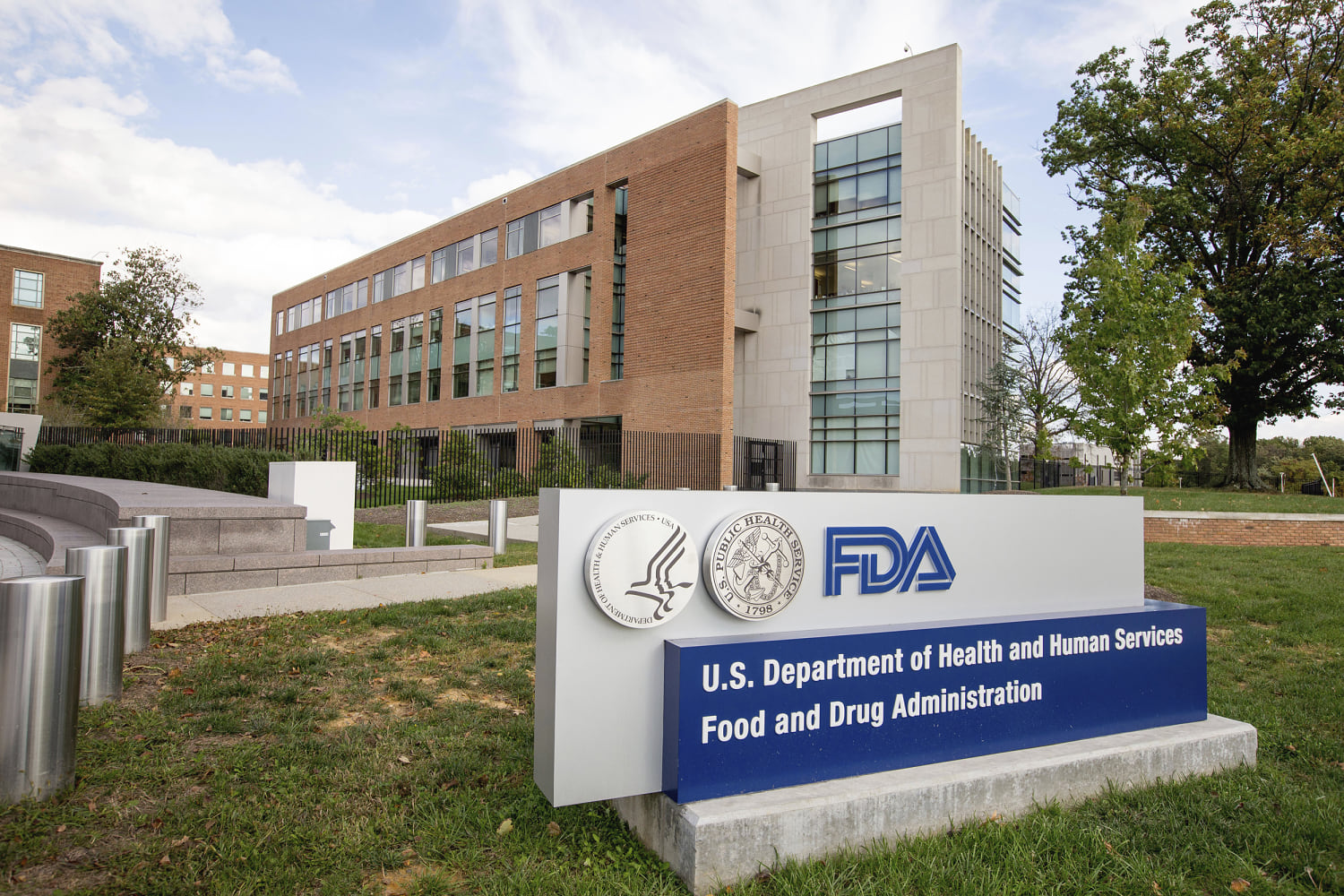Another death has been confirmed in an outbreak of Listeria monocytogenes infections traced to supplemental shakes. The Food and Drug Administration reports that there are now 12 confirmed deaths in the outbreak, which has sickened 38 people across 21 states. Thirty-seven of the patients required hospitalization. The supplemental shakes were… Continue Reading Foodborne Illness Investigations, Foodborne Illness Outbreaks, 2024 outbreaks, 2025 outbreaks, 2025 recalls, Listeria, Lyons Magnus LLC, Prairie Farms Dairy Inc., supplemental shakes, Sysco Food Safety News
Another death has been confirmed in an outbreak of Listeria monocytogenes infections traced to supplemental shakes.
The Food and Drug Administration reports that there are now 12 confirmed deaths in the outbreak, which has sickened 38 people across 21 states. Thirty-seven of the patients required hospitalization.
The supplemental shakes were distributed by Lyons Magnus LLC to long-term care facilities such as nursing homes and were not available for retail sale.
The shakes are packaged in 4-ounce cartons and packaged under the Lyons Magnus and Sysco brands. All of the implicated shakes have been recalled. The frozen shakes were produced by Prairie Farms Dairy Inc. at its facility in Fort Wayne, IN.
“FDA’s traceback investigation identified that each of the long-term care facilities who supplied invoice information for review from 2024 to present received frozen supplemental shakes of either Sysco or Lyons ReadyCare brand,” according to a notice from the FDA.
On Feb. 4, FDA collected environmental samples at Prairie Farms for testing. On Feb. 19, whole genome sequencing showed that the Listeria in the environment of the production facility matches bacteria from sick people.
The Centers for Disease Control and Prevention has reported on Feb. 24 that cases in the outbreak date back as far as 2018. The bulk of the confirmed patients, 20, were identified in 2024 and 2025. Sick people’s samples were collected on dates ranging from Aug. 17, 2018, to Jan. 23, 2025. Deaths have been reported in California, Illinois, Indiana, Michigan, Minnesota, North Carolina, New York, Tennessee, Texas, and Washington. People in this outbreak reported living in long-term care facilities or were hospitalized prior to becoming sick.
The true number of sick people in this outbreak is likely higher than the number reported, and the outbreak may not be limited to the states with known illnesses, according to the CDC. This is because some people are not tested for Listeria. In addition, recent illnesses may not yet be reported as it usually takes 3 to 4 weeks to determine if a sick person is part of an outbreak. Also, it can take up to 70 days after exposure for symptoms of Listeria infection to develop.
“CDC investigated this outbreak in 2018, 2021, and 2023. Epidemiologic evidence in previous investigations identified that sick people were residents in long-term care facilities and nursing homes and the likely source was a food served in those types of institutions, but there was not enough information to identify a specific food,” according to an outbreak announcement posted by the CDC on Feb. 24.
The CDC reopened the investigation in October 2024 after six new illnesses were reported. In February 2025 after traceback identified a product of interest, the outbreak strain was found in environmental samples from Prairie Farms.
The Food and Drug Administration was notified of the outbreak on Nov. 25, 2024. However, the agency did not report the cause of the illnesses until Feb. 21 this year. The FDA’s investigation is ongoing.
About Listeria infections
Food contaminated with Listeria monocytogenes may not look or smell spoiled but can still cause serious and sometimes life-threatening infections. Anyone who has eaten any of the recalledproducts and developed symptoms of Listeria infection should seek medical treatment and tell their doctors about the possible Listeria exposure.
Also, anyone who has eaten any of the recalled products should monitor themselves for symptoms during the coming weeks because it can take up to 70 days after exposure to Listeria for symptoms of listeriosis to develop.
Symptoms of Listeria infection can include vomiting, nausea, persistent fever, muscle aches, severe headache, and neck stiffness. Specific laboratory tests are required to diagnose Listeria infections, which can mimic other illnesses.
Pregnant women, the elderly, young children, and people such as cancer patients who have weakened immune systems are particularly at risk of serious illnesses, life-threatening infections, other complications and death. Although infected pregnant women may experience only mild, flu-like symptoms, their infections can lead to premature delivery, infection of the newborn, or even stillbirth.
(To sign up for a free subscription to Food Safety News,click here)









